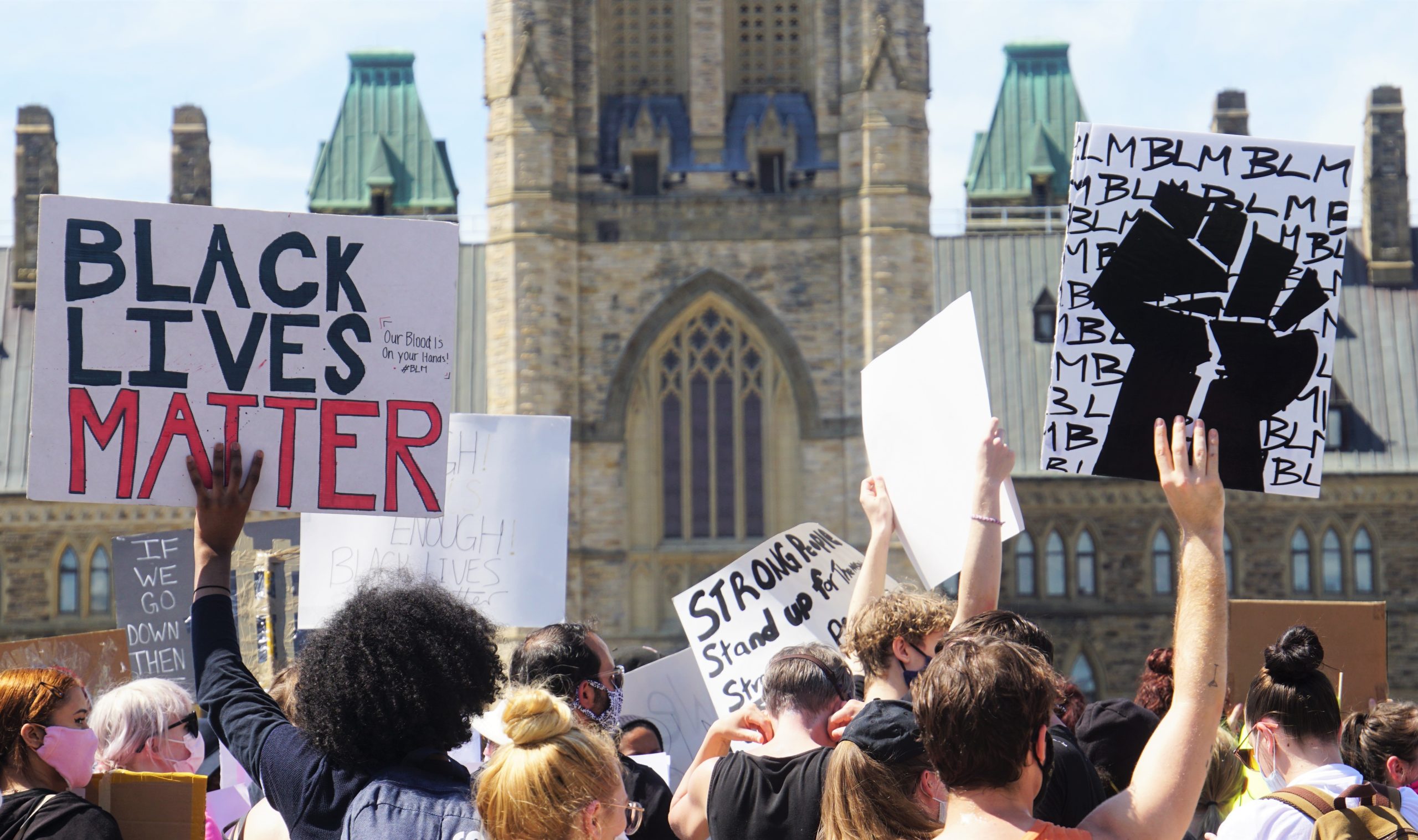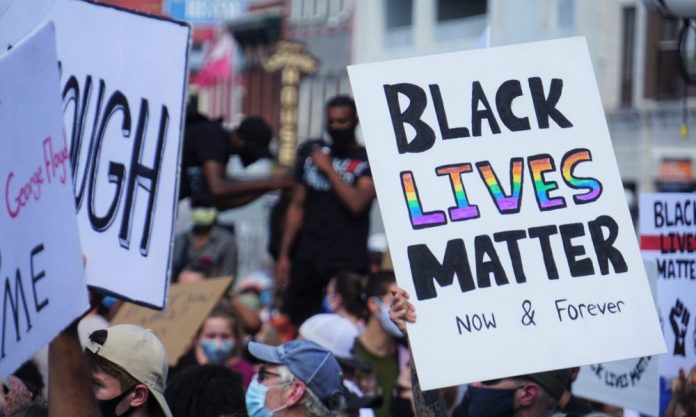By Charlie Senack
Black History Month is about to begin in a year that organizers say is more important than ever because 2020 showed how divided the world still is, and how much work needs to be done.
The celebrations, which began on Jan. 30 and end on Feb. 27, will take place virtually this year due to COVID-19 restrictions. With a stay-at-home order in effect in Ontario, the hope is that more people will attend and educate themselves on Black history.
Sarah Onyango, outreach, public and media relations coordinator for Black History Ottawa, said many event organizers are being challenged to present activities that are both visually engaging and relevant in this moment of reckoning.
Black History Ottawa has been running in the city since 1985 and keeping the tradition alive.
“For over two decades now, at least for our Black communities, February has been a time to really focus on the contributions we have made to building this country into the diverse and dynamic nation it has become,” said Onyango. “It is a time to challenge, in a forceful and concentrated manner, the erasure of Black history and the negative mainstream narratives which tend to focus on dysfunction and pathology rather than achievement and resilience. It is a time to reassert the extent to which Blacks are rooted and belong on Turtle Island alongside the original inhabitants and successive waves of settlers. It is a time to affirm the value of that Black tile in the Canadian mosaic.”
A virtual opening ceremony was held on Jan. 30 which focused on the theme of “Our Canadian Story: Still on the Front Lines,” which honours and recognizes people fighting two pandemics: COVID-19 and anti-Black racism. In the afternoon, the program reflected Ottawa’s Black cultural diversity.
While celebrations are underway in Ottawa, the Ontario Black History Society (OBHS) is also planning a month of events. Because of the pandemic, their events will also look different this year, but they are finding new ways to adapt their programming.
“Due to COVID-19 we are not hosting our annual brunch, but it is important for us to continue the tradition of marking Black History Month, and so we decided to continue with virtual programming,” stated Natasha Henry, president of OBHS.
“As part of our brunch, we give awards to individuals and organizations in our community,” she added. “But because of COVID[-19], I guess it isn’t a celebration mood, so instead we decided to recognize individuals and organizations who have helped alleviate the impacts of [COVID-19].”
This year, a new OBHS speaker series has been launched which will have an engaging presentation every week throughout the month of February. The series focuses on different topics, such as a storytelling presentation and a panel on Black history sites in Ontario.
Henry said a global health pandemic won’t get in the way of stopping the tradition of Black History Month which has gone on for generations and added, given the state of racial unrest, these discussions need to take place now more than ever.
Last spring, 26-year-old Breanna Taylor was fatally shot six times by police in Louisville, Kentucky after they forced entry into her apartment as part of a drug investigation on March 13.
On May 25, 2020, there was global uproar after the death of 46-year-old George Floyd, who was killed by Minneapolis police after being arrested for allegedly trying to use a counterfeit $20 bill at a corner store.
While these incidents took place in the United States, Henry says their impact is also felt here in Canada.
“These issues are borderless, so it’s absolutely still important in Canada and we have our own history to be reckoned with,” she said. “It continues to remain important given what unfolded in the spring with social unrest, the Black Lives Matter movement and given what we saw a few weeks back at Capitol Hill in Washington. We continue efforts to disrupt white supremacy and white socialism.”

Onyango agrees, and said Canadians shouldn’t be blindsided by the way Black and marginalized communities have been treated in this country in the past and that white supremacy lives on.
On Oct. 20, 2020, Ottawa Police Const. Daniel Montsion was found to be not guilty of manslaughter, aggravated assault and assault with a weapon in connection to the 2016 death of 37-year-old Abdirahman Abdi.
Abdi died outside of his Hilda Street apartment in Kitchissippi following the confrontation, which led to countless protests and rallies organized by Black Lives Matter and the Justice for Abdirahman Abdi Coalition. After the verdict was delivered in the fall, members of the two groups marched through downtown Ottawa demanding justice.
“I have discovered that anti-Black racism in Canada is just as bad as it is across the border, except that here, the perpetrators put a smile on it,” said Onyango. “Just ask the early Black settlers in the Maritimes, out west and in southern Ontario. Ask the West Indians who could only get into Canada in the postwar years through labour schemes because of the whites-only immigration policy. Canada can do better by dismantling the institutionalized white supremacy that robs this country of great talent.”
The organizers of both Black History Ottawa and the Ontario Black History Society hope people from all walks of life will attend their celebrations to educate themselves on Black Canadian history.
For more information on virtual activities in Ottawa throughout the month of February, visit blackhistoryottawa.com. And to find out more about events taking place throughout the province, visit the OBHS website blackhistorysociety.ca.
